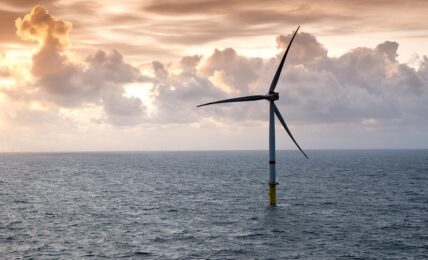A proposed EU law aimed at restoring and protecting natural habitats and ecosystem narrowly survived in a rejection vote in the European Parliament, enabling the legislation to proceed to the negotiation stage between Parliament and the EU Council.
The proposed Nature Restoration Law was introduced by the European Commission in June 2022, aimed at enabling a sustained recovery of degraded ecosystems, as well as contributing to the EU’s climate objectives, and forming a key element of the EU Biodiversity Strategy.
The proposed law contains several targets covering areas including the improvement and re-establishment of biodiverse habitats in wetlands, grasslands, forests, rivers and lakes and other ecosystems, reversing the decline of pollinating insect populations, maintaining green urban space, restoring drained peatland under agricultural use, and restoring marine habitats, among others.
A campaign pushing back against the proposed law led by the European People’s Party (EPP), however, put the future of the law in jeopardy, with the European Parliament’s Environment committee’s vote on its proposed version of the law failing to reach a majority last month, and a motion to reject the law tabled for a full vote in Parliament.
Opponents of the law raised a series of objections, including claims that the proposals would threaten food security and agriculture, and would work against Europe’s clean energy and climate goals, by reducing capacity of energy sources such as hydropower and biomass.
The motion to reject the proposals was defeated in a narrow 312 to 324 vote, with 12 abstentions.
Parliament went on to adopt its position in a 336 to 300 vote, with 13 abstentions, although the adopted text included several adjustments aimed at addressing opponents’ concerns, including the addition of a new article stating that new renewable energy infrastructure installations overwhelmingly in the public interest, ensuring that the new law does not block such projects. Parliament also said that the new law will only apply when the EU Commission provides data on conditions necessary to guarantee long-term food security.
Following the vote, rapporteur César Luena said:
“Our position adopted today sends a clear message. Now we must continue the good work, defend our ground during the negotiations with member states and reach an agreement before the end of this Parliament’s mandate to pass the first regulation on nature restoration in the EU’s history.”
The post Nature Restoration Law Narrowly Survives Vote in EU Parliament first appeared on ESG Today.
The post Nature Restoration Law Narrowly Survives Vote in EU Parliament appeared first on ESG Today.



